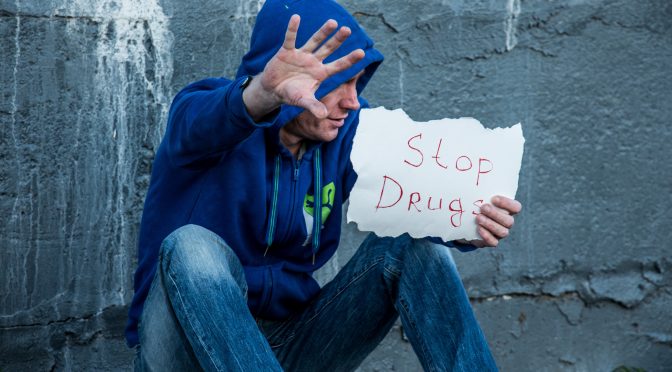According to Newton’s third law, for every action (force) in nature, there’s an equal and opposite reaction. This is also the case on an emotional level, says SANCA Wedge Gardens substance use treatment centre, explaining that people always react to others’ actions.
According to Adèl Grobbelaar, the manager of Johannesburg-based SANCA Wedge Gardens substance use treatment centre, if a person is suffering from substance use disorder, all family members will be affected and will react in one way or another.
“Some family members react by isolating themselves because they feel ashamed of what is happening in their inner circle,” says Adèl.
“They often wonder if something they did caused their loved one to use substances, or they blame themselves for incidents that happened in the family. Unfortunately, the person suffering from substance use disorder will likely blame family members for their behaviour, making them feel more guilty. Family members should know, however, that they did not cause the addiction and cannot control it,” she adds.
Beware of enabling behaviour
If someone you love is suffering from substance use disorder, you should gather as much information as possible about substance use and treatment so that you can make an informed decision.
“Substance use disorder is more than just using substances. It is a behaviour caused by underlying emotional issues, a chemical imbalance or other disorders that cause a person to act in a certain way or to self-medicate,” Adèl explains.
She urges family members to analyse their own behaviour – actions and reactions – to try and establish if they can do anything to help the person out of their destructive behaviour.
For example, sometimes a family allows the person to live with them rent-free or gives them money for essentials.
“This could be enabling behaviour, as it gives them more money to spend on substances. Once enabling behaviour has been identified, family members can set boundaries by not giving the substance user money. The enforcement of these boundaries is extremely important. Families need to be realistic, serious and willing to follow through on their decisions,” says Adèl.
Recovery and healing are not only important for the individual, but for family members too, as emotions and behaviours run deep in the family when substance use disorder is present.
“It can swallow the family’s energy, time and resources. Remember, you are not responsible for your loved one’s substance use. You can only do your best under the circumstances,” says Adèl.
“Substance use disorder is a disease that requires professional counselling and help. Even though families sometimes feel they need to walk away from the person, the person still needs support, encouragement and love to aid their recovery process,” she adds.
Movement towards treatment can be prompted by the family by investigating the kind of help and resources that are available in their area. However, if the person suffering from substance use disorder does not want to undergo treatment, the chances of success are greatly reduced.
“Denial complicates recovery. Often the family ends up paying for expensive treatments with no positive results. The family should rather enforce boundaries and make it more difficult for the person to continue their disruptive behaviour,” says Adèl.
She adds that while some people believe in tough love, there’s more than one way to solve a problem. “The correct encouragement and support can go a long way and helps to restore trust in the relationships.”
Even though substance use disorder cannot be caused or controlled by the family, the family plays a significant role in their rehabilitation. Relationships, trust and boundaries need to be addressed during the recovery process and during aftercare, as they play a significant positive role moving forward.
In some instances, if an individual suffering from substance use disorder refuses treatment, intervention can start with the family first. This can, in time, bring the substance user from a point of denial to one of realising that they need help and accepting treatment.
Substance use disorder seldom develops overnight and recovery is also a process. “Everyone involved needs to stay committed to recovery, despite setbacks. It’s important to keep trying and not give up,” says Adèl.
For more information about SANCA Wedge Gardens and the Full Circle Recovery Programme, visit www.wedgegardens.co.za
